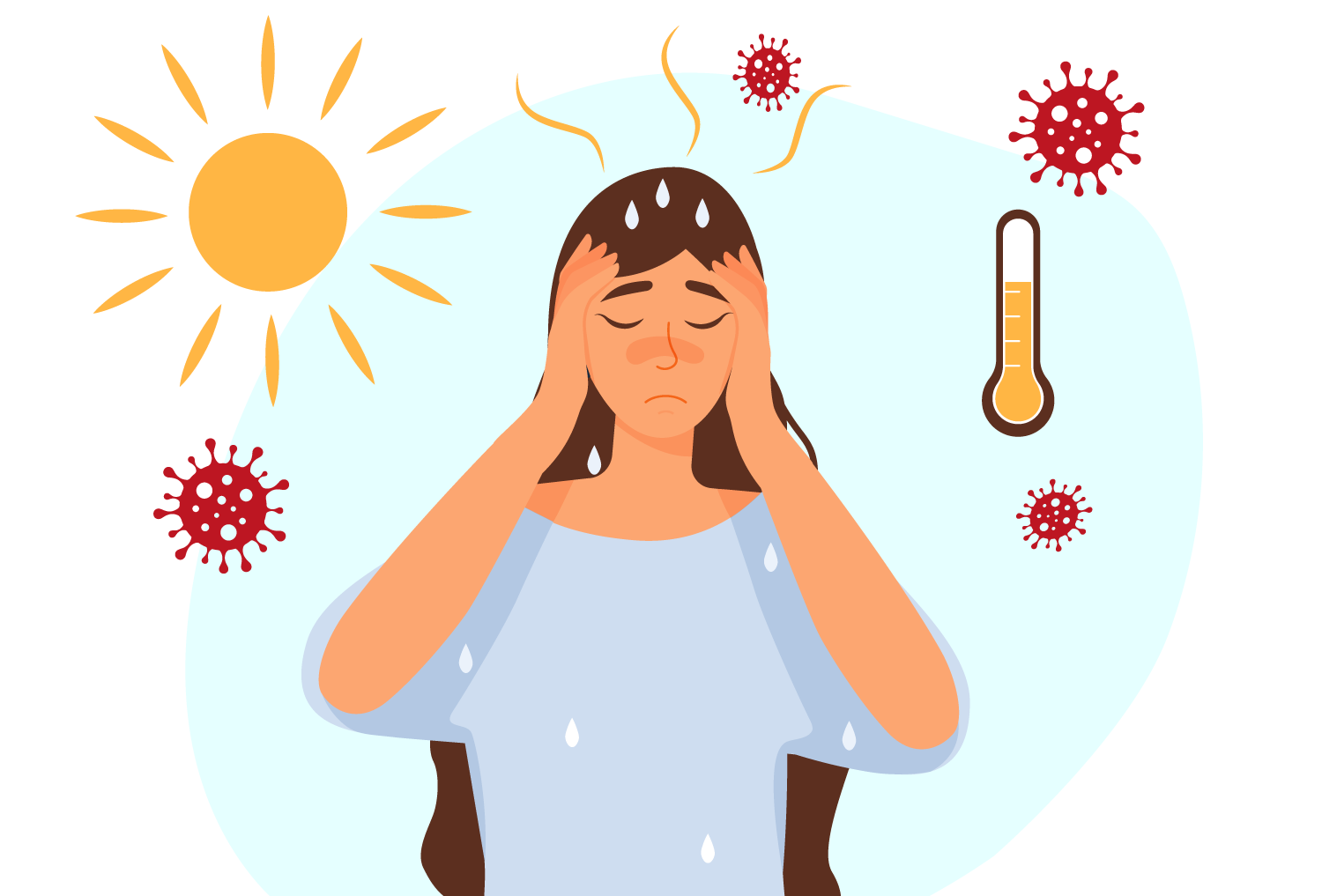Our Top 9 Preventive Care Tips for Living a Healthy Life in Rural Communities
Living in a rural community can bring about its own set of challenges, especially when it comes to maintaining a healthy lifestyle. However, with a bit of planning and effort, it’s possible to overcome these obstacles and lead a fulfilling, health-conscious life. Ready to embrace a healthier lifestyle? Learn about the preventive care practices that will set you up for success!
- Prioritize Regular Health Checkups: Rural areas may not have the same accessibility to healthcare facilities as people living in cities or suburban areas, but regular health checkups are still vital. Schedule appointments with your primary care provider, dentist, and optometrist at least once a year. These visits are important to ensure you get your preventive tests, such as blood pressure, cholesterol, and blood sugar levels, as well as vaccinations appropriate for your age. These visits help with early detection and management of asymptomatic chronic illnesses which can help prevent complications in the future.
- Stay Active with Outdoor Activities: Rural communities often provide access to wide-open spaces, which present unique opportunities for staying physically active. Take advantage of local trails, parks, and open fields for activities like hiking, biking, running, or even gardening. Regular exercise can help maintain a healthy weight, boost mood, and reduce the risk of chronic diseases.
- Prioritize Mental Health: Mental health is just as important as physical health. Improve your stress with activities that help relax you such as deep breathing exercises, meditation, or yoga. Connect with others in your community by participating in local events or joining support groups. If you’re struggling with anxiety, depression, or other mental health issues, seek professional help.
- Eat a Balanced Diet: Access to fresh produce can be limited in rural areas, but maintaining a healthy diet is crucial. Stock up on frozen fruits and vegetables, whole grains, lean proteins, and low-fat dairy products. Grow your own fruits and vegetables in a home garden if possible. Farmer’s markets and community-supported agriculture (CSA) programs are excellent resources for accessing fresh, locally sourced produce.
- Don’t Neglect Dental Health: Dental health is a vital component of overall wellness. Brush your teeth twice a day, floss daily, and visit your dentist regularly for cleanings and checkups. Drinking fluoridated water, if available, can help prevent tooth decay. If you don’t have access to fluoridated water, ask your dentist about alternative sources of fluoride.
- Maintain a Healthy Weight: Obesity can lead to several health issues, such as heart disease, stroke, and type 2 diabetes. To maintain a healthy weight, focus on portion control, choose nutritious foods, and participate in regular physical activity. Monitor your progress with regular weigh-ins and adjust your lifestyle accordingly.
- Limit Alcohol Consumption: Excessive alcohol consumption can lead to liver disease, high blood pressure, and various types of cancer. To minimize these risks, adhere to the Dietary Guidelines for Americans, 2020-2025 recommended daily limits for alcohol consumption: one drink or less per day for women and two drinks or less per day for men. Opt for non-alcoholic beverages at social events and seek support from friends, local groups and/or your healthcare provider if you’re struggling with alcohol addiction.
- Stay Smoke-Free: According to the CDC, Smoking is a leading cause of preventable deaths in the United States. If you smoke, quitting should be a top priority. Reach out to your healthcare provider for resources on quitting and consider joining local support groups. Avoid secondhand smoke, as it can also have negative health impacts.
- Get Enough Sleep: Adequate sleep is essential for overall health and well-being. Aim for 7-9 hours of sleep per night and establish a consistent sleep schedule. Create a relaxing sleep environment by keeping your bedroom cool, dark, and quiet. Limit screen time before bed and avoid caffeine and alcohol close to bedtime.
Dr. Simon Spilkin, Medical Director Quality & Performance, at Fast Pace Health, explains some of the long-term benefits of making these lifestyle changes. “Your local Fast Pace Health provider can help prioritize which lifestyle adjustments can be the most beneficial to help manage your medical problems and help prevent new diagnoses. The more we do to manage our lifestyles, the less medication we potentially may have to take over the course of our lifetime. Changing your lifestyle can sometimes be overwhelming but setting small achievable goals can go a long way to helping you become a healthier you!”
Fast Pace Health’s primary care team offers continuing and comprehensive wellness and preventive services throughout your life. Our goals are to help prevent or solve any ongoing health problems while improving the patient’s overall wellbeing by managing common health conditions.
To learn more about Fast Pace Health Primary Care services, visit: https://fastpacehealth.com/service/primary-care/.
References:
https://www.cdc.gov/alcohol/fact-sheets/moderate-drinking.htm
https://www.cdc.gov/tobacco/data_statistics/fact_sheets/health_effects/effects_cig_smoking/index.htm
Related Resources


